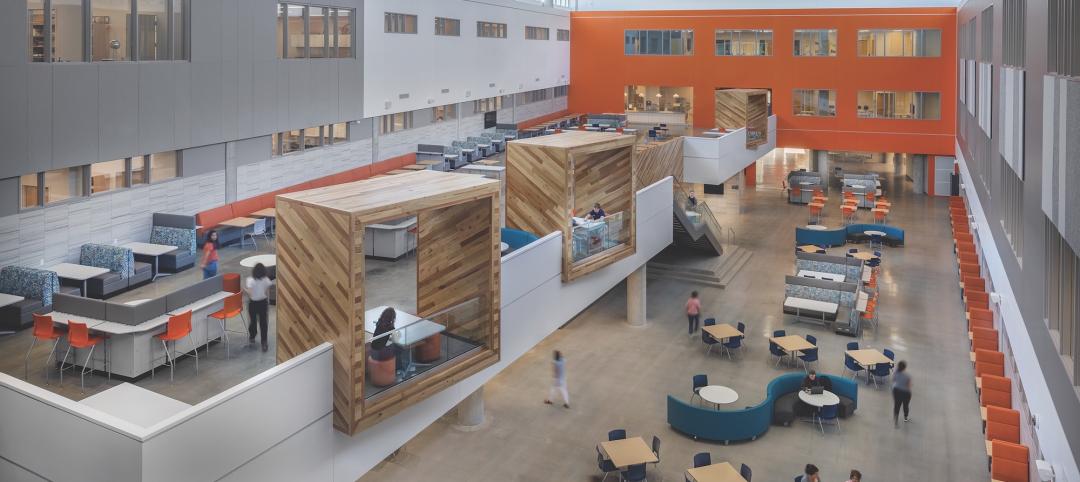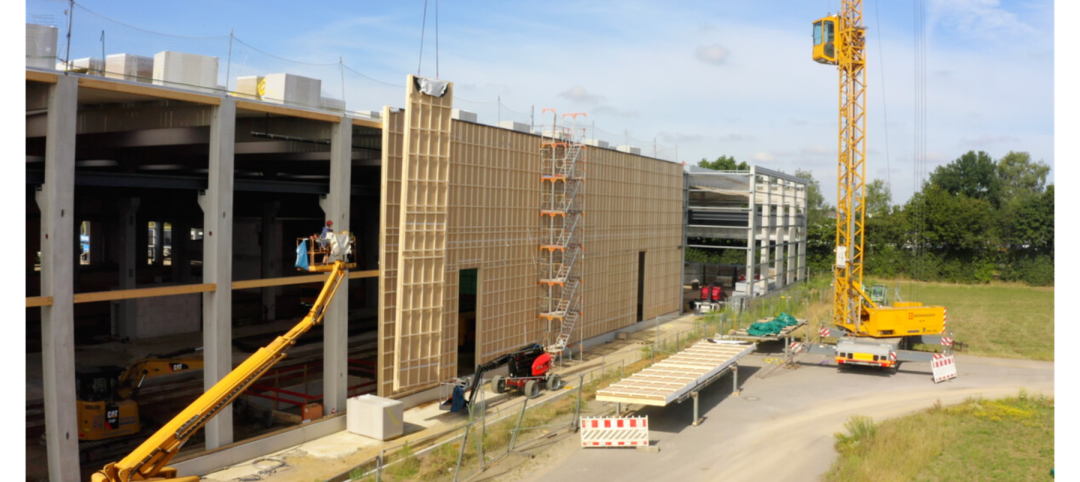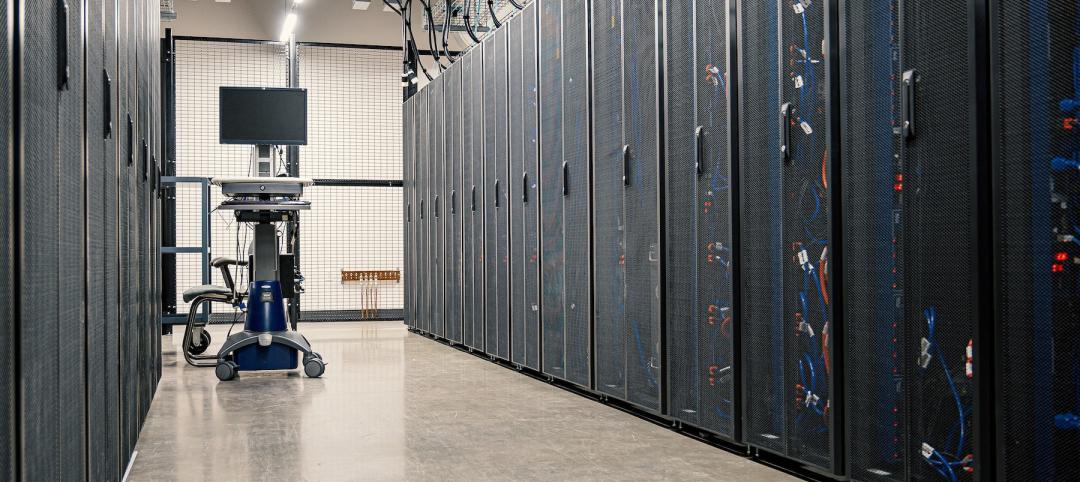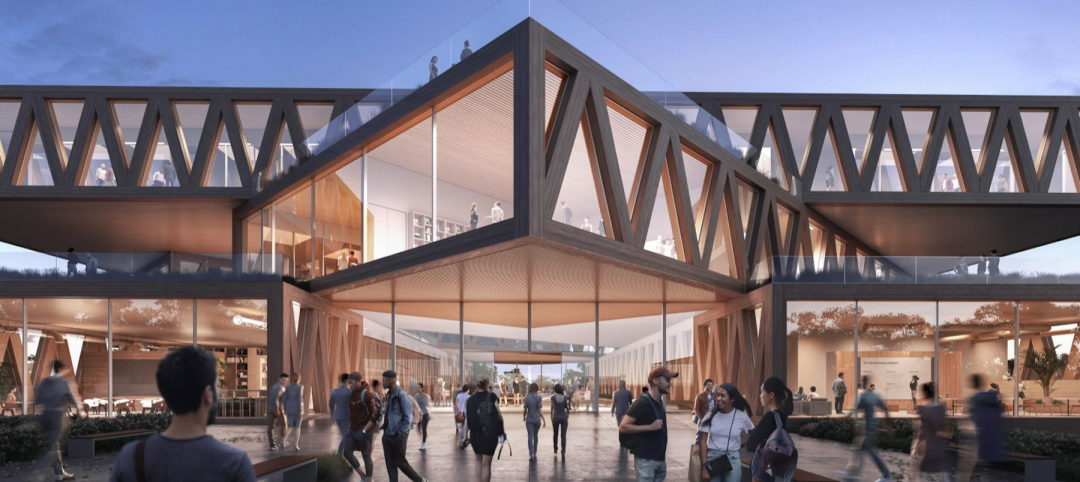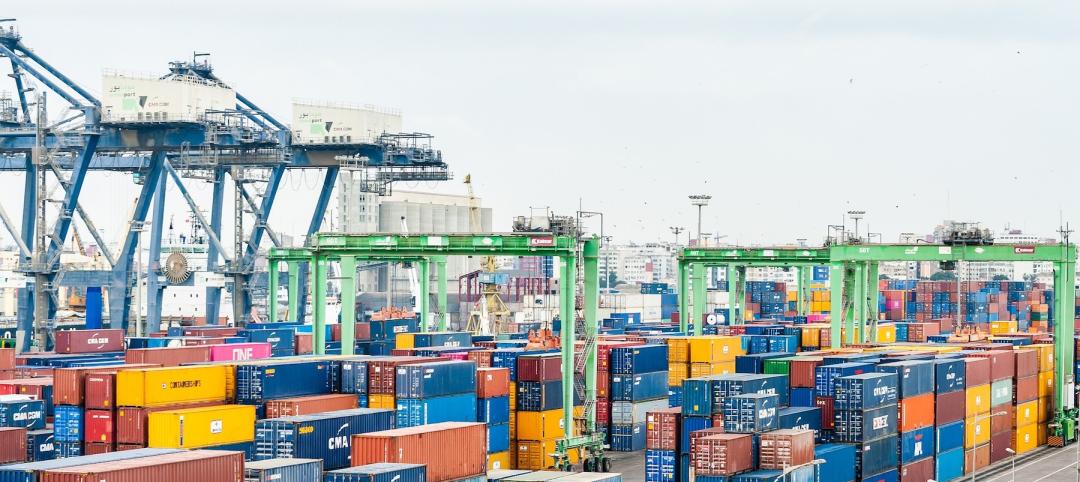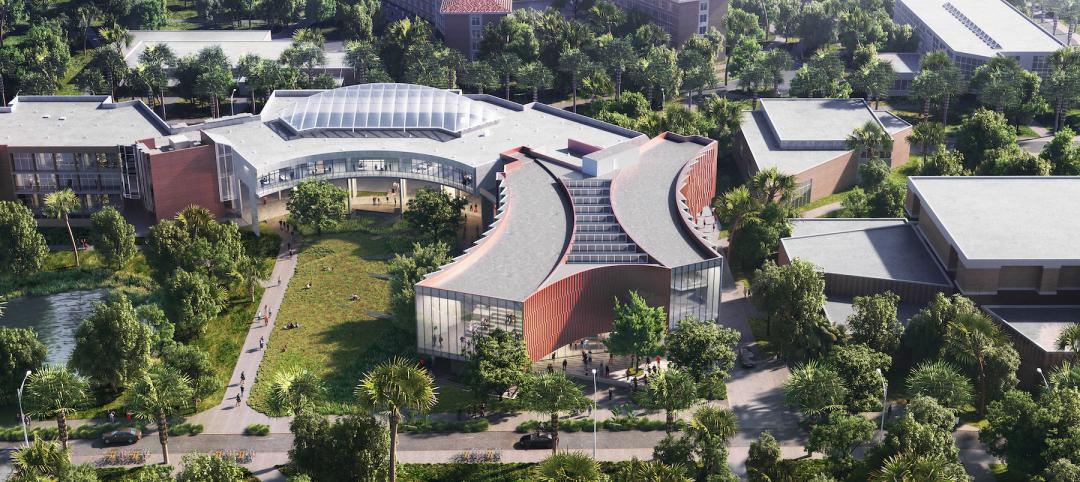According to Associated Builders and Contractors (ABC), the Construction Backlog Indicator (CBI) for the fourth quarter of 2014 declined 0.1 months, or 1%. Despite the quarter-over-quarter decline, backlog ended the year at 8.7 months, which is still 4.4% higher than one year ago.
"Inconsistent growth in the volume of public work continues to suppress the pace of nonresidential construction; however, private construction momentum continues to build," said ABC Chief Economist Anirban Basu. "With hotel occupancy rising, office vacancy falling and demand for data climbing exponentially, a number of key private segments are positioned for rapid growth in construction spending this year.
"There are a number of factors that are likely to be beneficial to nonresidential contractors in 2015," said Basu. "First, although interest rates were expected to rise after the Federal Reserve ended its third round of quantitative easing, they have actually been trending lower—due to factors such as falling interest rates abroad and a strengthening U.S. dollar—which helps contractors with construction volume and borrowing costs. Second, materials prices have continued to fall—particularly inputs related to the price of oil, iron ore and copper. This also makes it more likely that construction projects will move forward and helps boost profit margins."
Regional Highlights
• Average backlog in the South is back above 9 months for the first time since the first quarter of 2014.
• Though backlog in the West fell sharply during 2014's final quarter, average backlog remains comparable to where it was a year ago.
• Both the Northeast and the Middle States registered levels of average backlog unseen during the history of the CBI survey.
Industry Highlights
• Average backlog in the commercial and institutional category is virtually unchanged over the past year, suggesting the pace of recovery will remain moderate overall.
• Infrastructure-related spending is likely to be brisk going forward primarily due to improved state and local government fiscal conditions.
• Heavy industrial average backlog remains in the vicinity of multi-year highs, but these readings do not fully reflect the impact of a stronger U.S. dollar, which may result in a slowdown in export growth and an associated softening in industrial investment.
Highlights by Company Size
• During the fourth quarter, backlog expanded for mid-sized companies with annual revenue ranging between $30 million-$100 million. These firms enjoyed approximately half a month expansion in their respective average backlogs during the fourth quarter.
• On the other hand, backlog for small firms (annual revenue less than $30 million) and very large firms (annual revenue greater than $100 million) declined 0.2 months and 0.5 months, respectively.
• Large firms appear to have been impacted by a slowdown in large project infrastructure spending in certain parts of the country, while smaller firms have been impacted by greater observed difficulty in obtaining bonding for projects in the context of accelerating small firm failure.
• Average backlog has increased by nearly three months or by more than three months for all firm size categories since the fourth quarter of 2009.
Related Stories
K-12 Schools | Nov 1, 2022
Safety is the abiding design priority for K-12 schools
With some exceptions, architecture, engineering, and construction firms say renovations and adaptive reuse make up the bulk of their work in the K-12 schools sector.
| Nov 1, 2022
Updated Florida building codes helped newer homes withstand Hurricane Ian
Newer homes seemed to fare much better than older structures during Hurricane Ian, suggesting that updated Florida building codes made a difference.
Wood | Nov 1, 2022
A European manufacturer says its engineered wood products can store carbon for decades
Metsä Wood, a Finland-based manufacturer of engineered wood products, says its sustainable, material-efficient products can store carbon for decades, helping to combat climate change.
Data Centers | Oct 31, 2022
Data center construction facing record-breaking inflation, delays
Data center construction projects face record-breaking inflation amid delays to materials deliveries and competition for skilled labor, according to research from global professional services company Turner & Townsend.
School Construction | Oct 31, 2022
Claremont McKenna College science center will foster integrated disciplinary research
The design of the Robert Day Sciences Center at Claremont McKenna College will support “a powerful, multi-disciplinary, computational approach to the grand socio-scientific challenges and opportunities of our time—gene, brain, and climate,” says Hiram E. Chodosh, college president.
Energy Efficient Roofing | Oct 28, 2022
Rooftop mini turbines can pair with solar panels
A new type of wind turbine can pair well on roofs with solar panels, offering a double source of green energy generation for buildings.
Contractors | Oct 28, 2022
How bulletproof is your construction contract?
Three Dykema Gossett attorneys discuss how supply-chain problems are complicating these agreements.
Building Team | Oct 27, 2022
Who are you? Four archetypes shaping workspaces
The new lifestyle of work requires new thinking about the locations where people work, what their workflow looks like, and how they are performing their best work.
Codes and Standards | Oct 27, 2022
Florida’s Surfside-inspired safety law puts pressure on condo associations
A Florida law intended to prevent tragedies like the Surfside condominium collapse will place a huge financial burden on condo associations and strain architecture and engineering resources in the state.
University Buildings | Oct 27, 2022
The Collaboratory Building will expand the University of Florida’s School of Design, Construction, and Planning
Design firm Brooks + Scarpa recently broke ground on a new addition to the University of Florida’s School of Design, Construction, and Planning (DCP).


